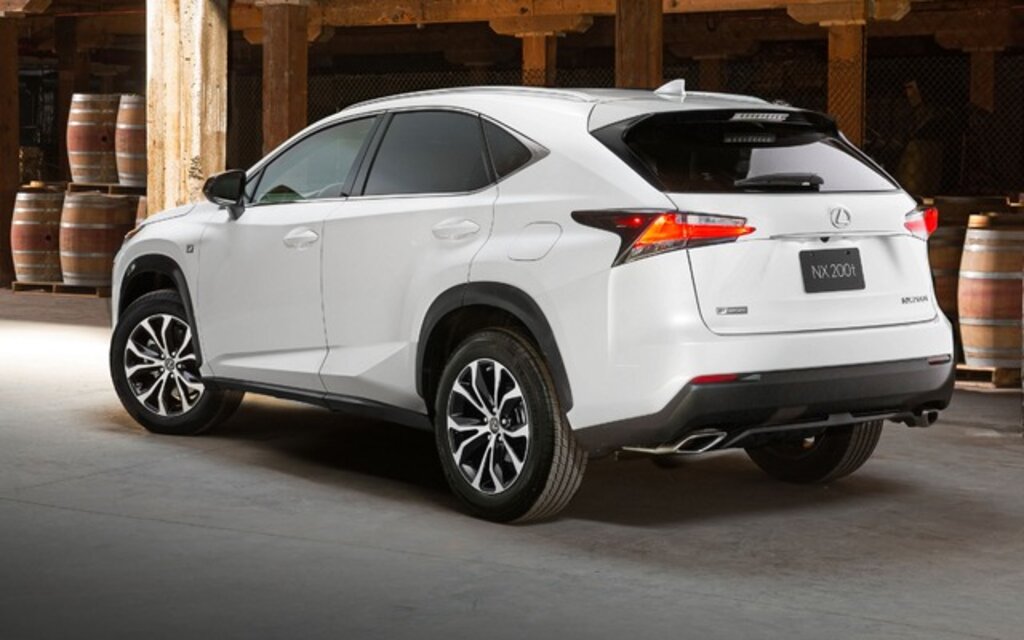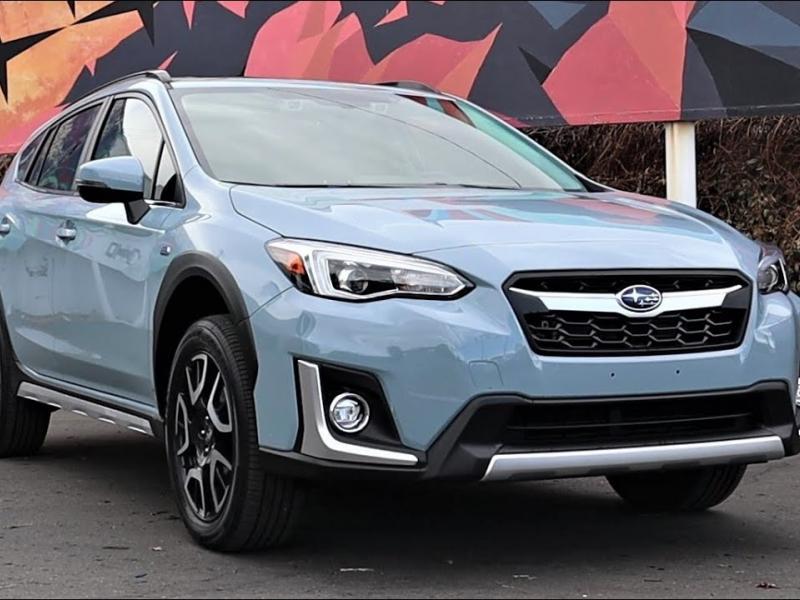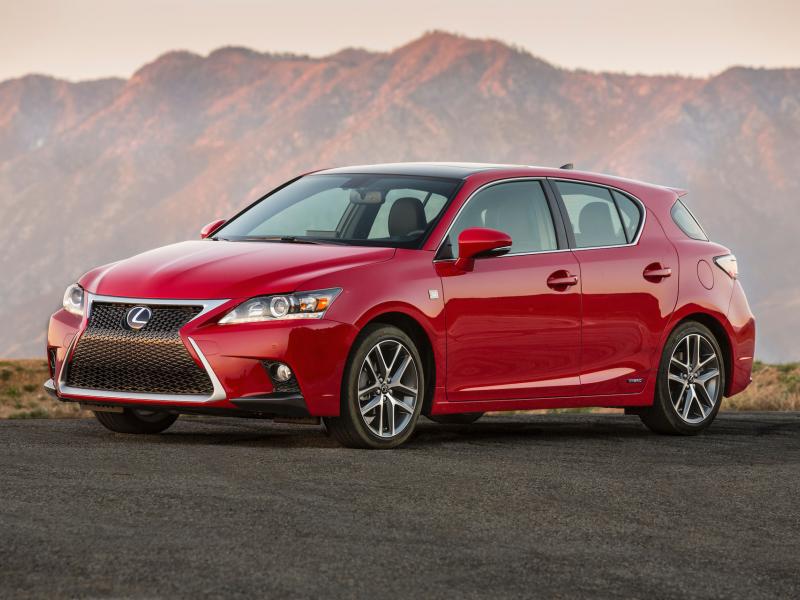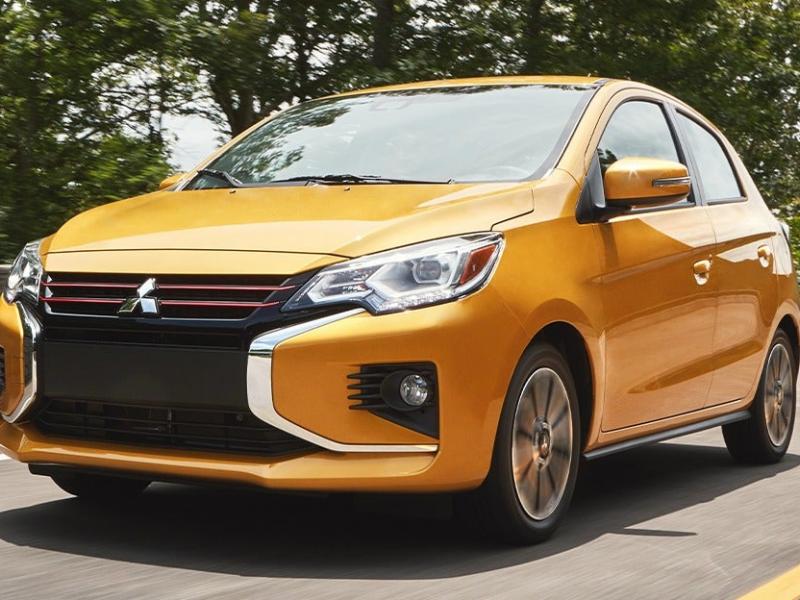New data from NHTSA shows distracted driving on the rise
Sat, 04/27/2013 - 14:41
In 2011, I began the distracted driving conversation here as part of National Distracted Driving Awareness month. At that time, President Obama had signed an executive order on the matter and 31 states, including D.C. and Guam, had introduced legislation or adopted laws on distracted driving. So what has changed in that time?
Today, 39 states, the District of Columbia, and Guam ban text messaging for all drivers. Twelve of these laws were enacted in 2010, with a flurry of state-level activity coming in 2011 and 2012.
The challenge is that new research from NHTSA tells us that the percentage of drivers who are visibly text-messaging or using a hand-held device is on the rise. The number increased significantly for a second year in a row, from 0.9 percent in 2010 to 1.3 percent in 2011. Driver hand-held cell phone use stood at 5 percent in 2011. Overall, that’s a 44 percent increase.
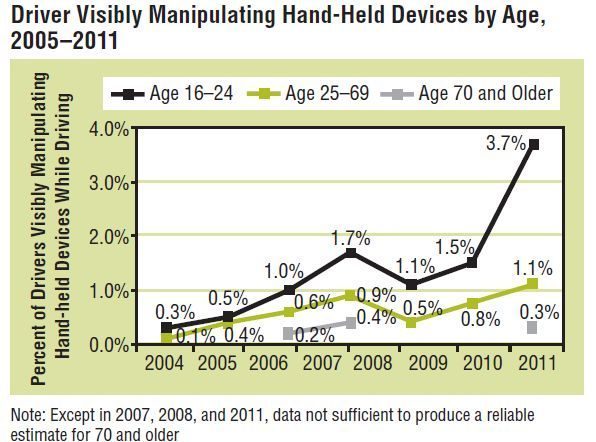 Source: NHTSA Research Notes on Driver Electronic Device Use in 2011; April 2013
Are distracted driving laws effective?
Honestly, this is a question to be asked in 10 or 20 years from now. To-date, 39 states and territories have passed bans on texting while driving. An additional ten states also prohibit all handheld cell phone use while driving. The District of Columbia, Puerto Rico, Guam and the Virgin Islands)
I believe that state-by-state laws are a great start; however, I think that many could be strengthened so that enforcement is easier. For example, I think all texting bans should be primary law, meaning police can actively pull you over if they catch you texting and driving. Usually there is a fine of some sort associated with this, but some states only have a $25 fine, not likely enough to persuade someone not to do it again.
If your friends got a $500 ticket for using a handheld device while driving, wouldn’t you think twice about doing it?
D.C. commuters need to know the laws in the DMV area
In the Washington, D.C. metropolitan area, we are driving everywhere across the DMV region. Commuters need to be aware of the laws for the District, Maryland and Virginia – and they should follow them if they don’t want to suffer the consequences.
Source: NHTSA Research Notes on Driver Electronic Device Use in 2011; April 2013
Are distracted driving laws effective?
Honestly, this is a question to be asked in 10 or 20 years from now. To-date, 39 states and territories have passed bans on texting while driving. An additional ten states also prohibit all handheld cell phone use while driving. The District of Columbia, Puerto Rico, Guam and the Virgin Islands)
I believe that state-by-state laws are a great start; however, I think that many could be strengthened so that enforcement is easier. For example, I think all texting bans should be primary law, meaning police can actively pull you over if they catch you texting and driving. Usually there is a fine of some sort associated with this, but some states only have a $25 fine, not likely enough to persuade someone not to do it again.
If your friends got a $500 ticket for using a handheld device while driving, wouldn’t you think twice about doing it?
D.C. commuters need to know the laws in the DMV area
In the Washington, D.C. metropolitan area, we are driving everywhere across the DMV region. Commuters need to be aware of the laws for the District, Maryland and Virginia – and they should follow them if they don’t want to suffer the consequences.
 Source: NHTSA Research Notes on Driver Electronic Device Use in 2011; April 2013
Are distracted driving laws effective?
Honestly, this is a question to be asked in 10 or 20 years from now. To-date, 39 states and territories have passed bans on texting while driving. An additional ten states also prohibit all handheld cell phone use while driving. The District of Columbia, Puerto Rico, Guam and the Virgin Islands)
I believe that state-by-state laws are a great start; however, I think that many could be strengthened so that enforcement is easier. For example, I think all texting bans should be primary law, meaning police can actively pull you over if they catch you texting and driving. Usually there is a fine of some sort associated with this, but some states only have a $25 fine, not likely enough to persuade someone not to do it again.
If your friends got a $500 ticket for using a handheld device while driving, wouldn’t you think twice about doing it?
D.C. commuters need to know the laws in the DMV area
In the Washington, D.C. metropolitan area, we are driving everywhere across the DMV region. Commuters need to be aware of the laws for the District, Maryland and Virginia – and they should follow them if they don’t want to suffer the consequences.
Source: NHTSA Research Notes on Driver Electronic Device Use in 2011; April 2013
Are distracted driving laws effective?
Honestly, this is a question to be asked in 10 or 20 years from now. To-date, 39 states and territories have passed bans on texting while driving. An additional ten states also prohibit all handheld cell phone use while driving. The District of Columbia, Puerto Rico, Guam and the Virgin Islands)
I believe that state-by-state laws are a great start; however, I think that many could be strengthened so that enforcement is easier. For example, I think all texting bans should be primary law, meaning police can actively pull you over if they catch you texting and driving. Usually there is a fine of some sort associated with this, but some states only have a $25 fine, not likely enough to persuade someone not to do it again.
If your friends got a $500 ticket for using a handheld device while driving, wouldn’t you think twice about doing it?
D.C. commuters need to know the laws in the DMV area
In the Washington, D.C. metropolitan area, we are driving everywhere across the DMV region. Commuters need to be aware of the laws for the District, Maryland and Virginia – and they should follow them if they don’t want to suffer the consequences.
- The District bans handheld device usage for all drivers as a primary law. You can and will be pulled over for using your mobile phone. Buses are a main form of transportation for commuters in and around D.C., and thankfully, there is a ban on all cell phone use for bus drivers. D.C. also has a primary law in place that prohibits any driver from texting and driving.
- Maryland bans handheld use for all drivers and all cell phone use – handheld or hands-free – for novice drivers (both secondary offenses). The state, however, has a no tolerance policy for texting and driving as it is a primary law for everyone behind the wheel.
- Virginia prohibits cell phone use for bus drivers (primary offense) and novice drivers (secondary offense). Texting and driving is also banned for all drivers, but is a secondary law for everyone but school bus drivers. Primary laws mean that drivers can be pulled over specifically for noncompliance, while secondary laws mean you can only be ticketed if pulled over for a different traffic violation and it’s discovered that you are not abiding by the law.
[{"target_id":"255187","alt":null,"title":null,"width":"596","height":"442","url":"\/sites\/default\/files\/articles-images\/e0\/NHTSAchart_1-1774802-2262547-4814428.jpg"},{"target_id":"255188","alt":null,"title":null,"width":"1280","height":"720","url":"\/sites\/default\/files\/articles-images\/29\/texting-and-driving-featured.jpg"}]

